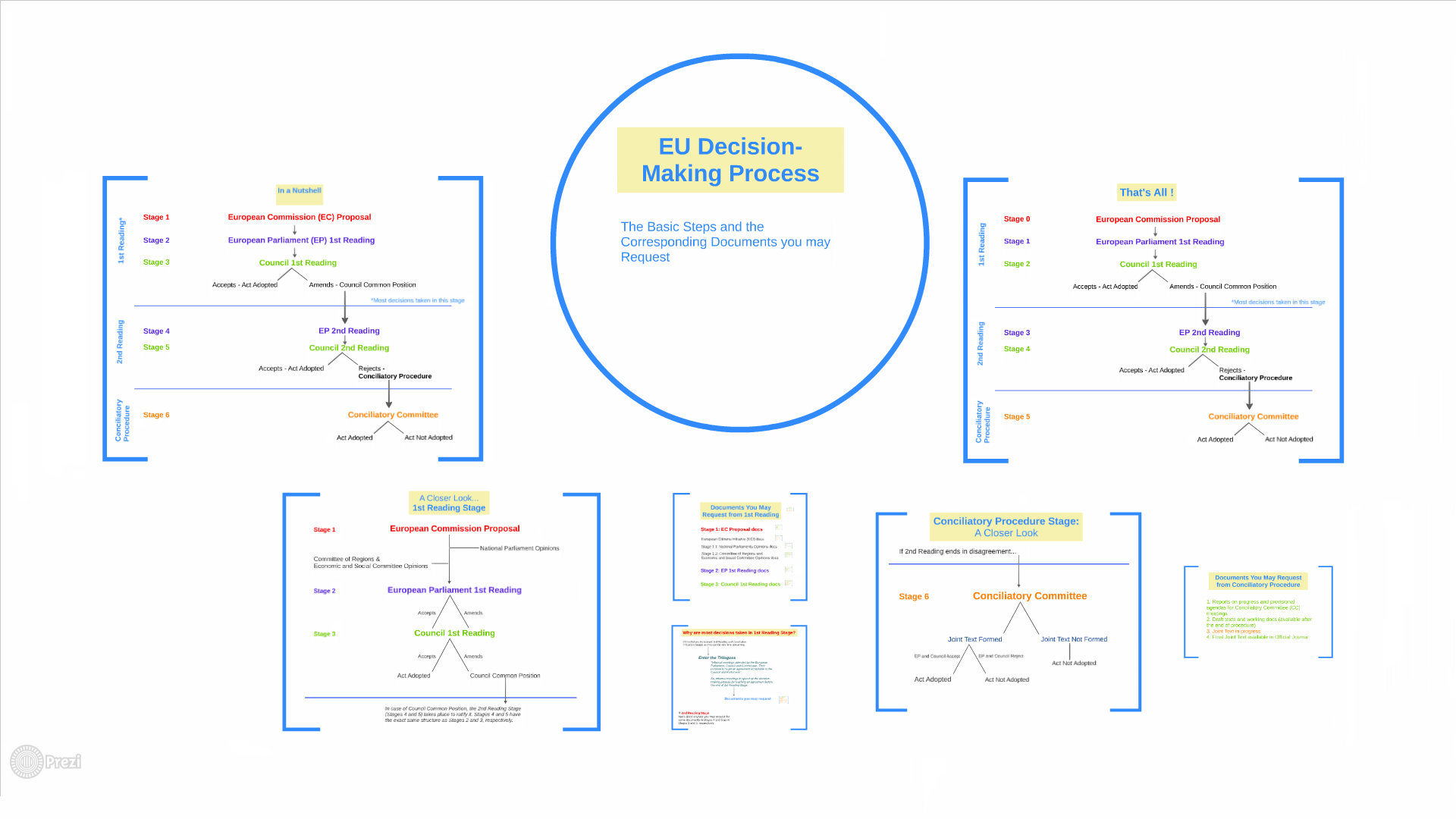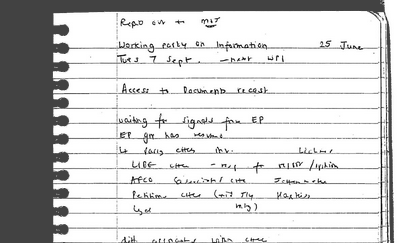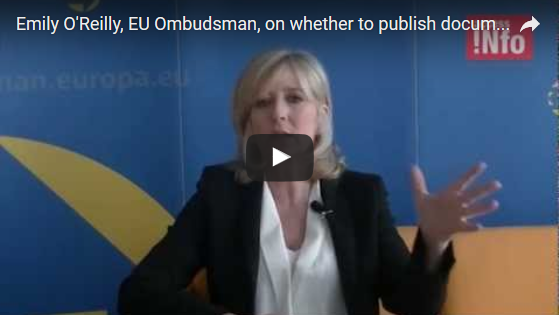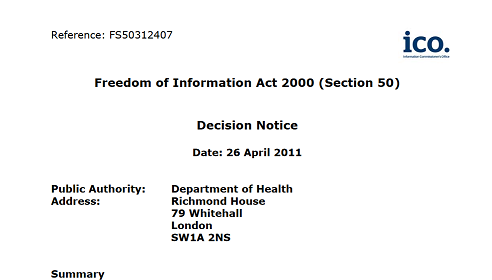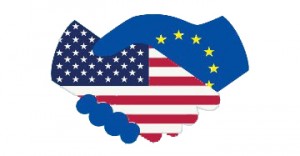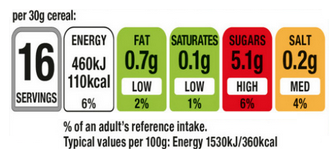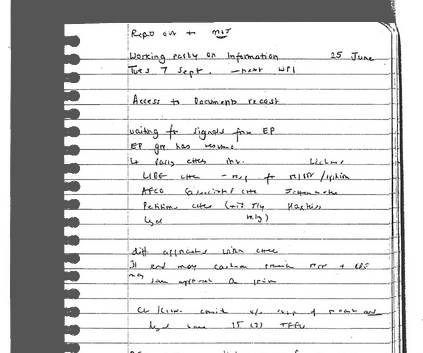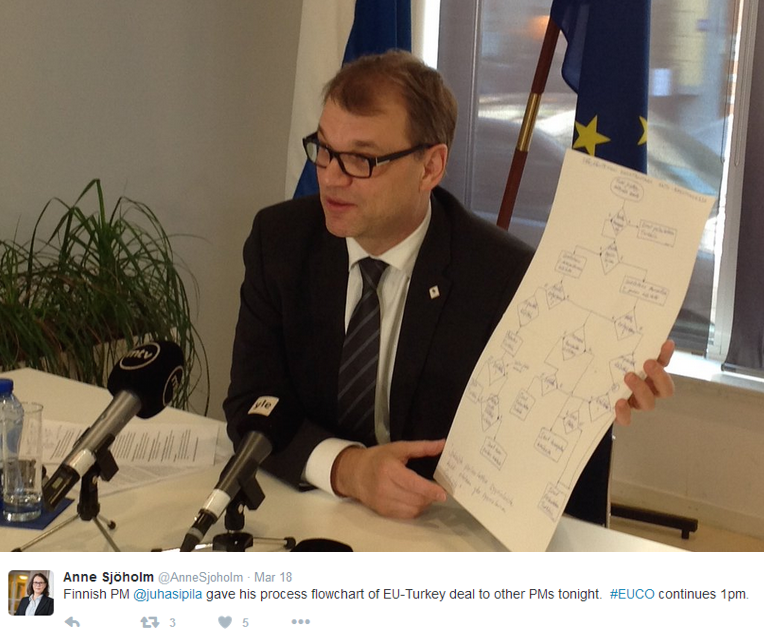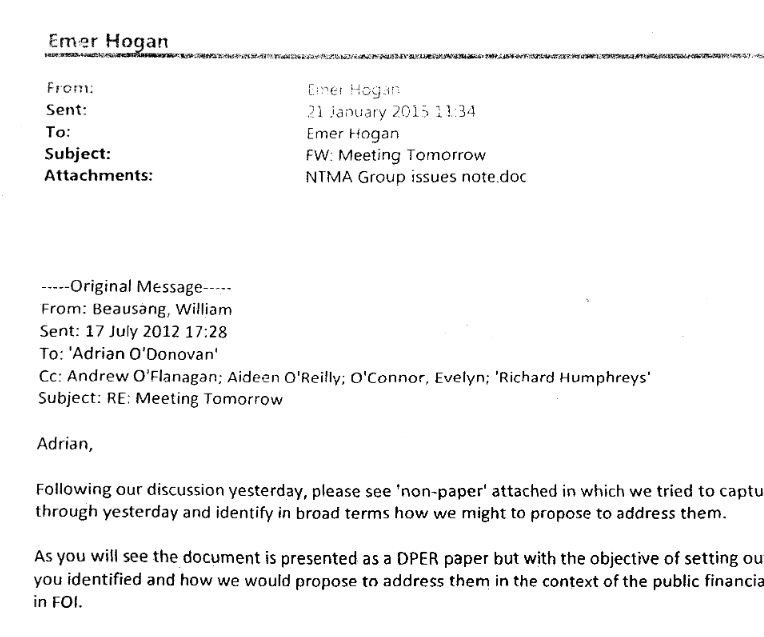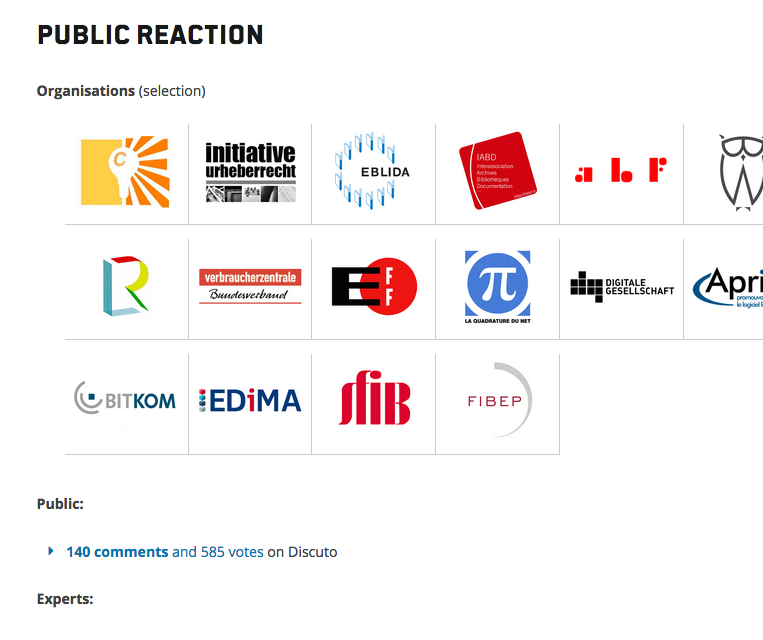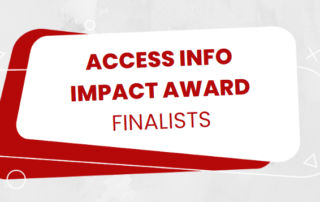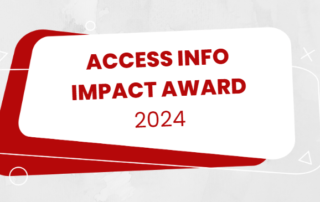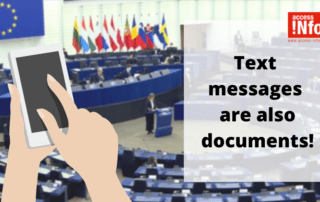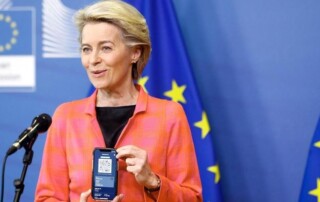OPENING UP DECISION MAKING
RESEARCH SHOWS THERE IS A SERIOUS LACK OF TRANSPARENCY WHEN TRYING TO KNOW HOW DECISIONS ARE TAKEN IN EUROPE
THIS IS WHAT WE FOUND, AND WHAT NEEDS TO BE DONE
ONLY 40% OF KEY DECISION-MAKING INFORMATION IS AVAILABLE IN EUROPEAN COUNTRIES
The map below explores the different obstacles we’ve encountered accessing information on decision-making processes in 12 European jurisdictions.
- Information available:
- 0-20%
- 21-40%
- 41-60%
- 61-80%
- 81-100%
THE FINDINGS: MAIN CHALLENGES FOR TRANSPARENCY
Europe's Access to Information laws permit requests for decision-making information
What we have found
However, an analysis of these 12 European laws has told us there is no obligation to record minutes of meetings held as part of decision-making processes.
Insufficient levels of proactive publication of information is impeding participation
What we have found
European countries are not proactively publishing who public officials meet, reasons justifying their decisions, nor records created regarding policy and legislation.
Information released through FOI requests is not enough to ensure accountability
What we have found
European countries are abusing the use of certain exceptions to deny access to documents, such as the protection of privacy when it comes to government and public officials.
RECOMMENDATIONS: TOWARDS OPEN DECISION MAKING
All public bodies which bear responsibility for decision making should fall under the scope of the access to information laws.
Public authorities have a duty to document information around decision-making processes that is essential to ensure public participation and scrutiny, as well as for the historical record.
Public authorities and representatives should be obliged to keep records and proactively publish information such as their agendas, minutes of meetings, third-party documents (submitted as part of or outside public consultations) and information justifying decisions taken.
Prompt responses to requests are essential to facilitate potential participation in decision-making processes. This also counts when responding to appeals.
Exceptions should always be applied narrowly and always taking into account any overriding public interest in full (or partial) disclosure of information.
“Decision-making transparency means to be able
to know how decisions are taken, by whom and why,
to be able to participate and hold our leaders accountable.
It is essential to our democracies.”
Helen Darbishire
Executive Director, Access Info Europe
CAMPAIGN MATERIALS: INTRODUCING
THE DECISION-MAKING TRANSPARENCY KIT!
If you are interested in knowing about a decision-making process, want to search for information, submit a request, or campaign for greater transparency of decision making, you might consider taking a look at the following materials!
CLICK ON THE IMAGES
OR SCROLL DOWN TO ACCESS
THE ALL OF THE CONTENT
DIRECTLY!
LOOKING FOR INFORMATION?
THESE ARE THE DOCUMENTS YOU CAN ASK FOR
Both at a national and at the EU level, certain documents are created during the decision-making process. These documents will give you an insight into how a decision was taken. We have created these two presentations explaining, at each phase of decision making, which documents are created, which are proactively published, and which may be requested.
AT NATIONAL/GENERAL LEVEL
AT EUROPEAN UNION LEVEL
CASE STUDIES: CAN WE KNOW HOW THE DECISION WAS TAKEN?
Aiming to contribute to an informed public debate around TTIP and its levels of transparency, we have investigated what information in regards to the negotiations is available, and what is not.
We analysed if interactions between the tobacco industry, EU institutions and national governments are conducted in compliance with transparency rules.
We looked into the legislative proposal to adopt a colour-coded food labelling system which classifies fats, sugars and salts, trying to discover the extent of the influence of lobbies.
WE ASKED EXPERTS AND OFFICIALS:
WHY IS IT SO IMPORTANT TO OPEN UP DECISION MAKING?
As part of our research we have spoken with the EU Ombudsman and other experts on the topic, to find out their views and understandings on the importance of transparency around decision making. Find all interviews on Access Info’s YouTube channel.
HELPFUL JURISPRUDENCE: LITIGATING FOR
ACCESS TO INFORMATION
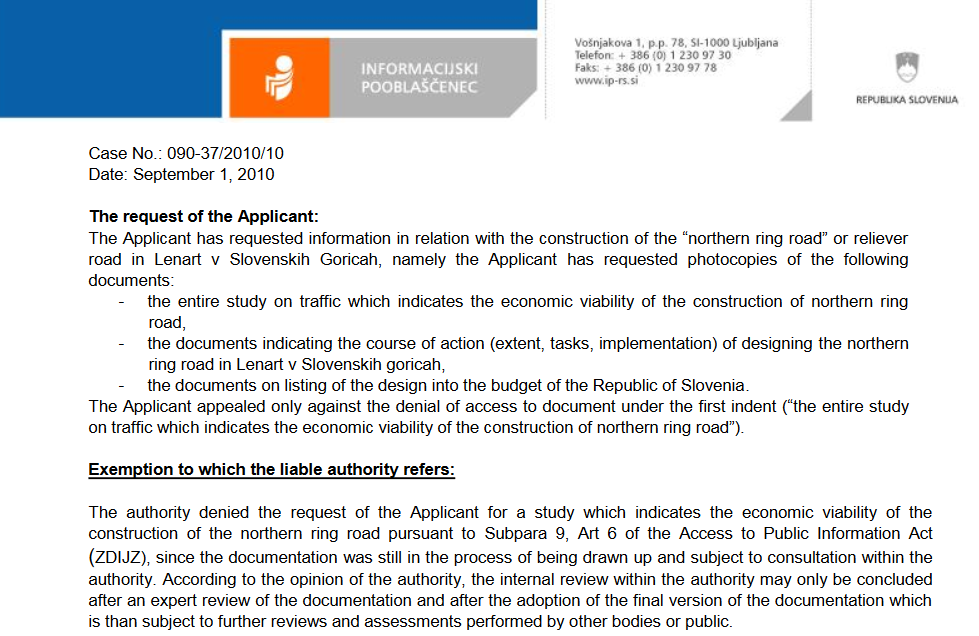
In order to help activists and civil society to push for greater transparency, and secure positive changes in transparency practices, we have collected and displayed the jurisprudence relating to the disclosure of documents.
You will find a series of cases from all across Europe which we hope will be useful in order to map what, where and why we can access key pieces of public information related to decision-making.
PARTNER ORGANISATIONS WORKING WITH US TO PROMOTE DECISION MAKING TRANSPARENCY:
OPEN DECISION MAKING LATEST NEWS
Finalists Announced for the Inaugural Access Info Impact Award
Madrid 23 September 2024 – Access Info is proud to announce the three finalists for the first-ever Access Info Impact Award. The Access Info Impact Award aims to honour individuals and organisations that have effectively used their right to information to advance human rights, environmental protection, democracy, or anti-corruption efforts. After opening nominations last month, the award received 21
Call for nominations for the Access Info Impact Award
Madrid, 12 August 2024 – Access Info Europe today announces the launch of the Access Info Impact Award which celebrates those who have used their right to information to have a positive impact on society. The Access Info Impact Award recognises those who have significantly leveraged their right to information to advance human rights, environmental protection, democracy, and/or
Not all Expression is Lobbying
Submission to OECD Consultation on Lobbying and Influence Madrid, 6 December 2022 – In its analysis of the draft OECD Recommendation on the regulation of lobbying and influence, Access Info has warned of the risk of some governments using the proposed provisions to limit media freedom and freedom of expression in the name of regulating “influence” and ensuring that
Is the Guardian of the Treaties Doing Enough for EU Transparency? MEPs don’t seem to think so!
Madrid, 11 March 2022 – On 10 March 2022, following the scandal about the Commission refusing access to President Ursula von der Leyen’s text messages, the European Parliament held a plenary session to discuss application of the EU’s access to documents rules, known as Regulation 1049/2001. Yet, the Commission President, much like her text message conversation with the CEO of
Access to meetings calendars? Access Info submits Amicus Curiae Brief to the European Court of Human Rights
Madrid / Strasbourg, 14 February 2022 – There is strong comparative evidence from across Europe that national access to information laws apply to the meetings calendars of senior public officials according to a submission made by Access Info to the European Court of Human Rights. This evidence has been presented in the form of an Amicus Curiae (“friend of the
European Commission President’s text messages are documents and can be requested says Ombudsman
Madrid / Brussels, 28 January 2022 – Access Info has hailed today’s decision by the European Ombudsman that Commission President Ursula von der Leyen’s text messages with the CEO of Pfizer about Covid vaccine purchases are documents to which the public can request access. Access Info is calling for an urgent reform to ensure that the EU’s twenty-year-old access to

